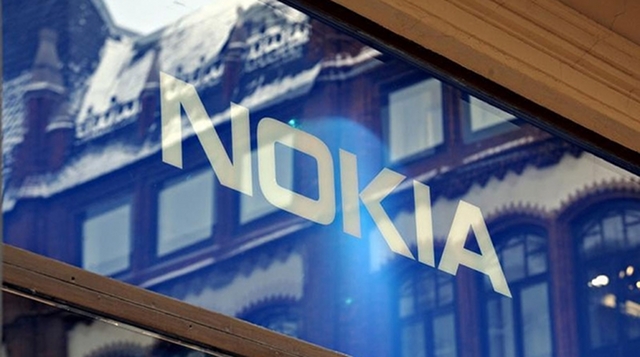5 March 2004 Psion’s biggest shareholder has joined the growing opposition to Nokia’s attempt to take over of smartphone operating systems supplier Symbian.
February’s deal has raised eyebrows among Psion’s shareholders because the £135.7 million Nokia will pay for Psion’s 31% share seems low. The move also runs counter to the collaborative spirit of the Symbian venture.
Now, Phoenix Asset Management Partners has said that it disapproves of Psion’s sale altogether. Phoenix, which owns a 13.1% stake in Psion, believes privately owned Symbian might soon be ready for public stock offering, which would likely raise the value of Psion’s shares.
However, Psion has maintained that the deal represents “substantial value” and said that it did not believe Phoenix’s actions were in the common interest of all shareholders — most notably David Potter, Psion’s founder and chairman, who holds a 12% share and strongly supports the deal.
“If approved, the transaction will realise substantial value, reduce the risk of a reduction in value, simplify the group and allow the management to concentrate on its successful core mobile enterprise businesses,” Psion said in a statement.
Analysts have also noticed a “Catch-22” situation that rather undermines Phoenix’s intervention: Psion would not be able to float Symbian without the approval of Nokia, which owns a fractionally greater share than Psion. Of course, Nokia is unlikely to approve a stock offering that threatened its ambitions. Observers have also suggested that conditions are not yet ready for a float.
Other Symbian shareholders have also voiced their disapproval. The president of Matsushita’s mobile communications division, Yasuo Katsura, has indicated that the company, best known under the Panasonic brand name, may try to block the deal.
Reports also suggest that Ericsson is also opposed to Nokia’s move. Any Symbian shareholder is entitled to invoke its pre-emption rights to buy Psion’s shares itself.
However, at last month’s 3GSM conference in Cannes, Symbian’s CEO revealed that due to a peculiarity of the company’s management structure, even if Nokia increase its share to 63%, it would still have less than 50% of the voting rights. Therefore any sale would not permit one company to “take control” of Symbian as was originally thought.
Originally spun out of Psion, Symbian was a collaborative venture between Ericsson, Motorola, Matsushita and Nokia intended to prevent Microsoft from taking control of the mobile operating systems market. Several other wireless device makers, including Sony and Samsung, are also licensees.










